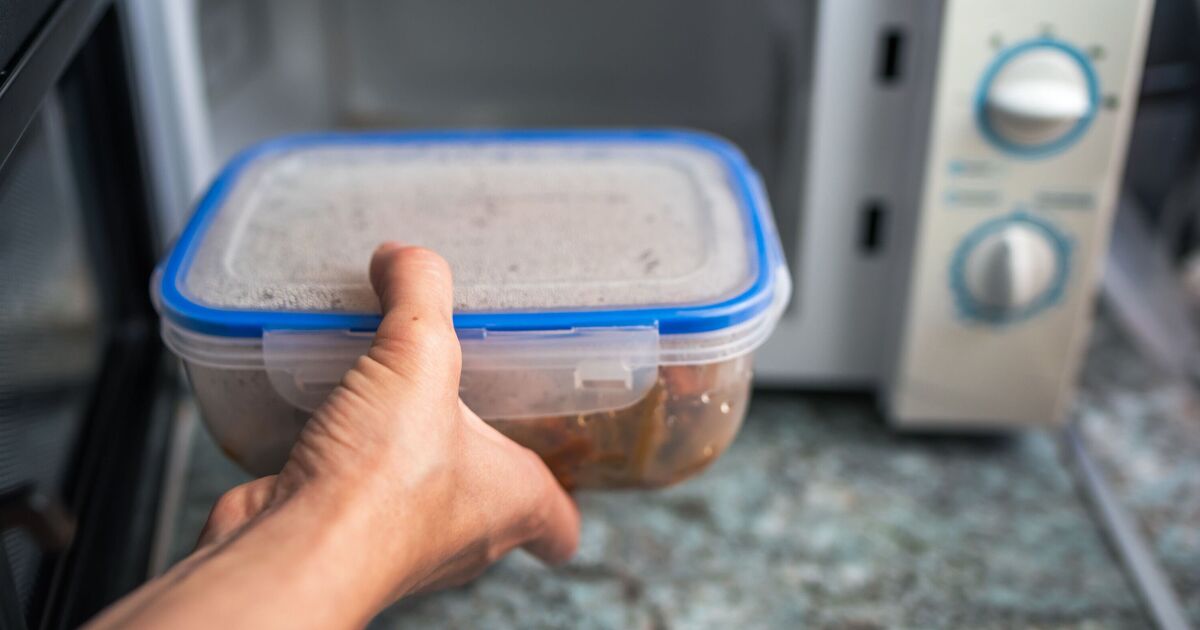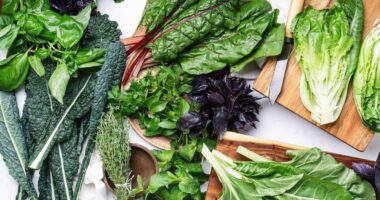Scientists have issued a stark health warning about a common practice millions of us do in our kitchens.
They are urging people to stop using plastic containers to heat food in microwave ovens. They say that doing so can cause potentially toxic chemicals in the plastic to leach into your food.
Scientists have known for decades that various compounds in some plastics can leach out of packaging into food. They are then ingested and absorbed – and some plastics can potentially have serious health impacts.
Bisphenol A (BPA) can transfer from plastic wrappings to food and accumulate in living organisms, including people. Some studies have shown potential health impacts from BPA, which can mimic the hormone oestrogen.
Recent research has found cognitive and behavioral effects associated with BPAs in food – particularly in infants and children. Other chemicals like phthalates are also known to cause health problems.
These range from premature birth to increased asthma risk and neurodevelopmental disorders, reports Popular Science. Phthalates can, like BPAs, leach into food from packaging.
And polyfluoroalkyl substances, or PFAs – which are also known as forever chemicals – are also present in plastics. These two can end up in the food we eat and the drinks we consume – and have been linked with testicular cancer.
Now, Popular Science says we should stop microwaving our food in plastic. It warns that doing so exposes us to a “chemical soup”.
Martin Wagner, a biologist studying plastic exposure at the Norwegian University of Science and Technology, said: “Higher temperatures facilitate the leaching of chemicals and the release of microplastics.”
Philip Landrigan, an epidemiologist and public health physician at Boston College, said: “Never microwave in plastic.”
And Joe Joe Braun, a professor of epidemiology at Brown University’s School of Public Health, says that we should also avoid storing hot foods in plastic containers.
Worryingly, it’s not just heat that accelerates the leaching of chemicals from plastics. Some food types are inherently problematic.
Jane Muncke, an environmental toxicologist and managing director of the non-profit Food Packaging Forum, told Popular Science that high fat and high acid foods pull more chemicals out of plastic containers. Oils, vinegars, cheeses, tomato sauce and sodas were also said to be more reactive and ‘drivers for migration’.
She suggests purchasing versions of these items that don’t come in plastic or plastic-lined cans. Doing so has a dual benefit.
Not only will it reduce the negative health risks of chemical exposure, but it will also cut the amount of single-use plastic that ends up being landfilled.










